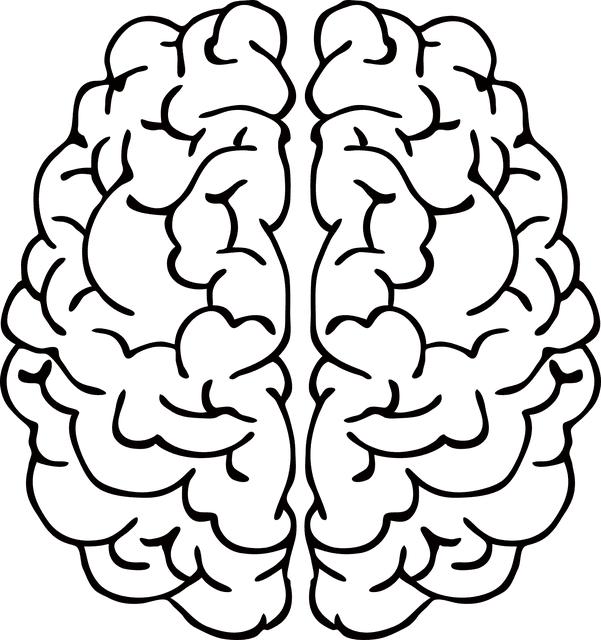AI Therapeutics is a biotechnology company that uses artificial intelligence to match drugs to indications. They do so through the use of their algorithm, Guardian Angel. This algorithm has recently linked LAM-002 to the treatment of neurodegenerative diseases such as ALS, Parkinson’s disease, and Alzheimer’s disease. Independent research has confirmed that LAM-002 has connections to ALS, which has encouraged researchers to bring it into the clinical trial stage. Not only has this drug been matched with ALS, but it has also been shown to kill tumor cells in those with follicular lymphoma.
About Amyotrophic Lateral Sclerosis (ALS)
Amyotrophic lateral sclerosis (ALS) is a progressive, neurological disease that occurs when nerve cells in the brain stem, brain, and spinal cord deteriorate. Due to this deterioration, muscles weaken and people lose control of them and their voluntary movement. In the late stages of ALS, the muscles necessary for breathing weaken, resulting in death. There are two forms of this disease: sporadic and familial. Sporadic is the most common, with 90-95% of cases falling into this category. Familial means that it is inherited. ALS is a very rare disease, as its incidence is 3.9 of every 100,000 people in the United States. While anyone can have ALS, white males aged 60-69 are at the highest risk.
Medical professionals do not know the cause of ALS. In the familial form of the disease it is known that a mutated gene is inherited from parents, but it is still not fully understood and only accounts for 5-10% of cases. Researchers believe that there is a connection between frontotemporal dementia and ALS. Another theory is that exposure to certain substances or toxins leads to the development of ALS.
Symptoms of ALS vary between individuals. They also worsen as the disease progresses. Symptoms begin with difficulty with small movements and everyday things like walking. At the onset of the disease, people may trip and feel weakness in their arms, hands, and legs. As it progresses, people experience difficulties with speaking and swallowing, slowed and slurred speech, twitches and cramps in the muscles, and difficulty holding good posture. In the later stages people will be unable to move their muscles gradually, which affects the entire body. This inability affects movements like blinking. While people with ALS experience loss of muscle function, they do not lose any of their cognitive abilities. Their senses are generally not affected either.
A diagnosis is obtained after a physician notices the symptoms and performs tests to rule out other conditions like Lyme disease, HIV, or multiple sclerosis. Blood tests may be used to accomplish this. After other conditions are ruled out, doctors will use electromyographies (EMGs), nerve conduction studies (NCSs), and magnetic resonance imaging (MRIs). Once a diagnosis is obtained, treatment is often symptomatic, as there is no cure for ALS. Treatment includes physical and speech therapy, nutritional and ventilation support, medication for depression or anxiety, medication to relieve tenseness and pain in muscles, hospice care, and riluzole, which reduces damage to the motor neurons.
About Follicular Lymphoma
Follicular lymphoma is a cancer of the lymphatic system, specifically a form of non-Hodgkin’s lymphoma. This cancer tends to occur in the lymph nodes throughout the body, as well as the bone marrow. It is usually a slow-growing cancer, and one in five cases of lymphoma are follicular. Those above the age of 60 are at the highest risk of developing this cancer.
This cancer is caused when there is a mutation in the DNA that affects the B cells. It makes them grow abnormally and accumulate in the lymph nodes. Once these lymph nodes are compromised, the immune system weakens, and people are more prone to infection. Symptoms include swollen lymph nodes in the neck, groin, abdomen, or underarms, fatigue, shortness of breath, weight loss, night sweats, and fever.
There are a multitude of tests that can be performed to diagnose follicular lymphoma. A lymph node biopsy, scans of the lymph nodes, a complete blood count, and a thorough recording of patient history can all diagnose this cancer. After a diagnosis, treatment consists of chemotherapy, radiation, and targeted therapy using rituximab.
About LAM-002
LAM-002 is a first-in-class PIKfyve kinase inhibitor. It activates the regulator of lysosomal biogenesis. It then can clear toxins that are the forces driving neurodegenerative disorders. It has been indicated for the treatment of ALS, Parkinson’s, and Alzheimer’s.
LAM-002 for the Treatment of Follicular Lymphoma
Enrollment has recently been completed for a trial of LAM-002. Participants have all been previously treated for follicular lymphoma. It has been proven to be safe and well-tolerated, whether it is administered alone or with rituximab or atezolizumab.
AI Therapeutics has also been meeting with the FDA to seek accelerated approval for this drug in the treatment of follicular lymphoma. They have already received the Fast Track and Orphan Drug designations from the FDA.
AI Therapeutics hope that their technology will continue to match drugs to new indications, so that more people with rare diseases can receive treatment.
Find the source article here.








